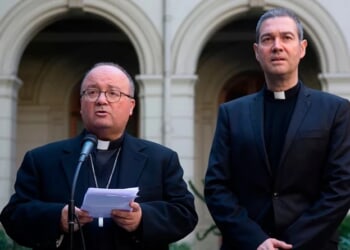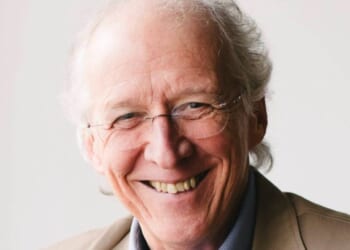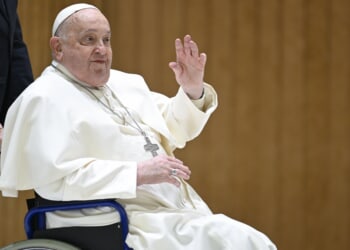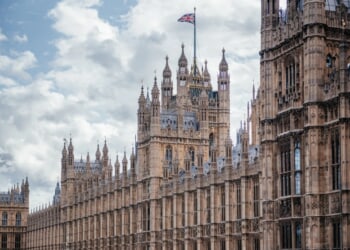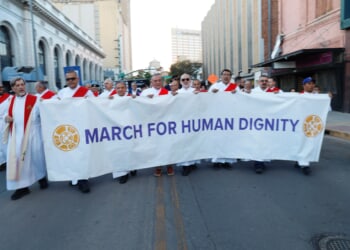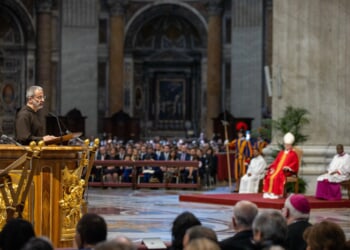CNA Newsroom, Apr 19, 2025 /
11:15 am
Delaware’s Democratic Gov. Matt Meyer is set to sign a controversial assisted suicide bill recently passed by the state legislature, one that has drawn opposition from Catholic advocates who warn that it will “put the lives of [the state’s] most vulnerable citizens at risk.”
Legislators passed Delaware House Bill 140 this week. The measure, once signed by the governor, will allow “a terminally ill individual who is an adult resident of Delaware to request and self-administer medication to end the individual’s life.”
Prior to his election in November Meyer signaled his intent to sign the bill, stating during a debate that people “should have a right to exercise their right to die.”
If signed into law, the bill will make Delaware the 11th state to legalize physician-assisted suicide, joining California, Colorado, Hawaii, Maine, Montana, New Jersey, New Mexico, Oregon, Vermont and Washington. The District of Columbia also permits the practice.
‘Government-sanctioned suicide’
The measure has drawn considerable criticism from Catholic advocates in the state. Supporters of assisted suicide have been attempting to institute the practice in Delaware for roughly a decade.
The Catholic Advocacy Network for Delaware had earlier urged residents to oppose the bill. “HB 140 is government-sanctioned suicide. It leads to a slippery slope, with vulnerable individuals — such as the elderly, disabled, or those experiencing depression — being pressured into choosing death over life,” the group told state Catholics.
“Every state or country that has legalized physician-assisted suicide has experienced dangerous expansions and abuses of the law,” the advocacy network said. “This practice threatens the values of compassion, care, and respect for human life – from conception to natural death – that we hold dear.”
Wilmington Bishop William Koenig, who heads the lone Catholic diocese in the state, told residents earlier this month that there is “a great distinction between, on the one hand, death that comes naturally and, on the other hand, performing actions to bring on death.”
“We are never required to undergo medical treatments that are ‘extraordinary’ (i.e., treatments that are burdensome, costly, or offer little hope of benefit),” the bishop wrote. “Not undergoing such treatments, however, is much different from having a physician providing the means for a patient to end one’s life.”
In January of last year Koenig joined Baltimore Archbishop William Lori and Washington Archbishop Wilton Cardinal Gregory in issuing a pastoral letter, “A Better Way Forward,” warning that assisted suicide “puts our most vulnerable brothers and sisters at risk of making decisions for themselves that are manipulated by factors such as disability, mental instability, poverty and isolation.”
Society should “choose the path that models true compassion and dignity to those facing end of life decisions and protects the most vulnerable from the deadly proposition of physician assisted suicide,” the bishops wrote.
Pope Francis has multiple times condemned medical practices that take human life. Last year he criticized euthanasia as “a failure of love” and “a reflection of a ‘throwaway culture’ in which ‘persons are no longer seen as a paramount value to be cared for and respected’.”
Euthanasia “is often presented falsely as a form of compassion,” the Holy Father said.
“Yet ‘compassion’, a word that means ‘suffering with’, does not involve the intentional ending of a life, but rather the willingness to share the burdens of those facing the end stages of our earthly pilgrimage.”






